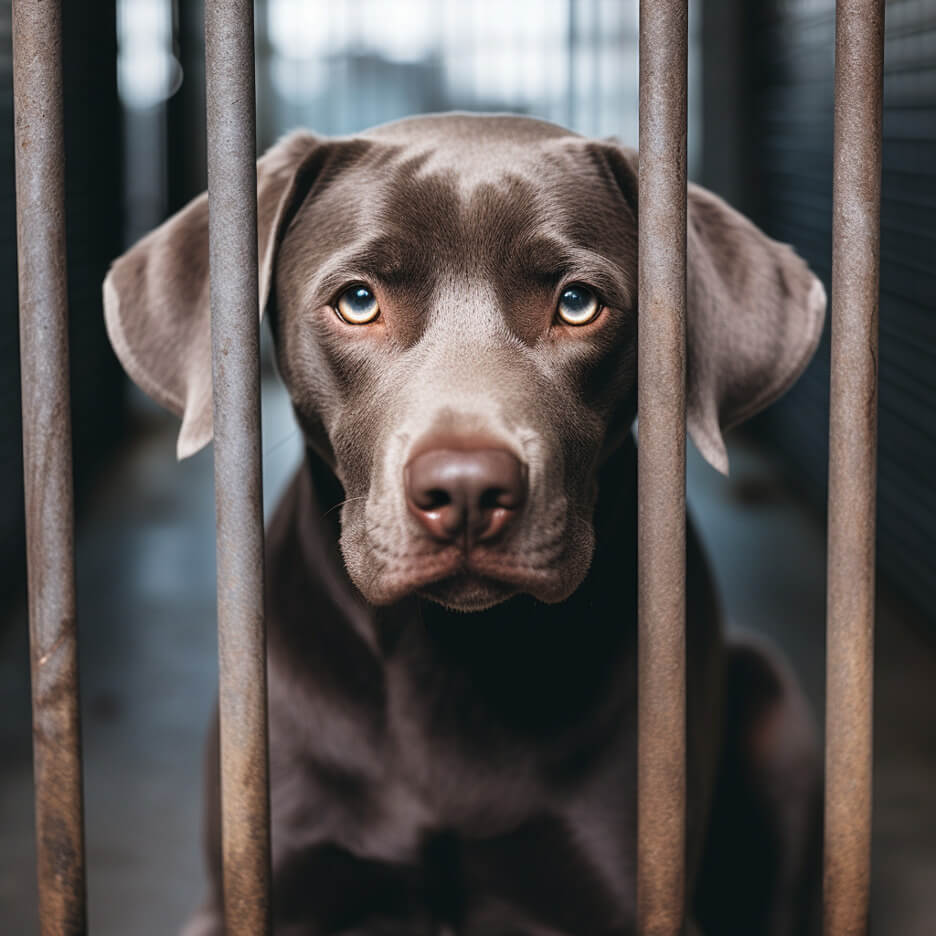“You can’t change a dog’s past, but you can rewrite his future” – Dylan Thomas
Welcoming a rescue animal into your house is both a heartwarming and rewarding experience. However, it can also be a challenging transition for both you and your pet. Rescue animals come from various backgrounds, and their adjustment to a replacement home can widely differ.
Here are some recommendations on the way to help your new furry loved one to acclimate to your home successfully:
Give Them Time and Space
Understand that rescue animals could be anxious or overwhelmed once they first arrive. It’s important to make a quiet, safe space where they can retreat to when they need a break from stimulation. Also, make sure that they have a cushy bed, water, and food in this space. This will give them the liberty to explore at their own pace.
Be Patient and Understanding
It’s essential to be calm and understanding during the acclimation period. Some animals may adapt quickly, while others may take weeks or even months to feel comfortable. Avoid rushing the process and permit them to regulate in their own time.
Stick to a Routine
Consistency is vital for a rescue animal. Establish a daily routine for feeding, playtime, bathroom breaks, and bedtime. Predictable routines can provide comfort and help your pet feel secure in their new environment. Confirm that the whole family also sticks to this present routine if they’re helping you to acclimatize your dog.
Socialization
If your rescue animal is comfortable with other pets, introduce them gradually and under supervision. Allow them to interact at their own pace and be prepared to intervene if any signs of stress or aggression arise.
Positive Reinforcement
Use positive reinforcement techniques to build trust and reinforce good behavior. Reward your pet with treats, praise, and affection once they exhibit good behavior or hear your instructions.
Training and Obedience
Consider enrolling into a basic obedience class or working with a knowledgeable trainer, especially if your rescue animal has behavioral challenges. Training not only helps improve behavior but also strengthens the bond between you and your pet. At Off Leash K9 of DFW we’ve helped many families help their new family members get comfortable in the household.
Patience with Housebreaking
Housebreaking is often a significant challenge for rescue animals, especially if they’ve had inconsistent or no training in the past. Be calm and consistent with your training efforts. Always use positive reinforcement to reward them for successful bathroom trips outside.
Allow Exploration & Provide Mental Stimulation
Encourage your dog to explore their new surroundings. At the same time, supervise their explorations to ensure their safety, and gradually introduce them to different rooms in your home. Mental stimulation is additionally an important aspect of a cheerful and well-adjusted pet. Offer your dog puzzle toys, and interactive feeders, and have interaction in play sessions that challenge their minds.
Exercise and Play
Regular exercise and playtime are crucial for a pet’s physical and emotional well-being. Spend quality time together with your rescue animal through walks, fetch, or games that allow them to burn off energy and bond with you.
Create Positive Associations
Help your pet associate your home with positive experiences. Offer treats, toys, and affection in various parts of the house to form each area as a source of comfort and enjoyment.
Gradual Exposure
Gradually expose your pet to different experiences and environments. This will include car rides, meeting new people, and getting out to pet-friendly places. Gradual exposure helps desensitize them to new situations.
Be Mindful of Triggers
Pay attention to your pet’s reactions to different stimuli and be mindful of any triggers that cause fear or anxiety. Slowly work on desensitization and counterconditioning if needed.
Regular Vet Checkups
Schedule a comprehensive veterinary checkup shortly after bringing your rescue animal home. This ensures that they’re in good health and helps you determine a healthcare routine.
Be Prepared for Setbacks
Understand that setbacks are a natural part of the adjustment process, and your rescue animal may have moments of regression in their behavior. Attempt to stay patient, and consistent, and keep working together towards positive progress.
Seek Professional Help
If your rescue animal exhibits severe behavioral issues or anxiety that you’re unable to address on your own, consider seeking the guidance of a knowledgeable dog trainer.
Provide Unconditional Love
Finally, shower your rescue animal with love and affection. Building a strong bond supported by trust and love is important for his or her adjustment and well-being. Show them that they’re a cherished member of your family.
In conclusion, helping a rescue animal acclimate into your home requires patience, understanding, and consistency. Every pet is unique, and their adjustment timeline may vary. Remember that the journey of acclimation is a rewarding one, resulting in a strong and lasting bond between you and your rescue animal.
If you’re looking to maximize your rescue dog’s natural abilities and need an obedient pet that you can control with ease, contact us at:
www.olk9dfw.com
972-372-9225
[email protected]


